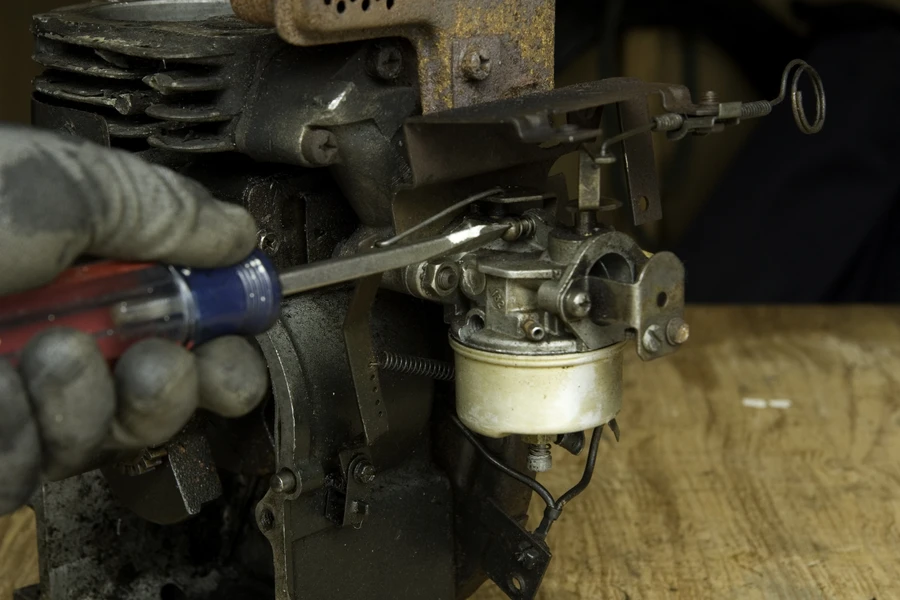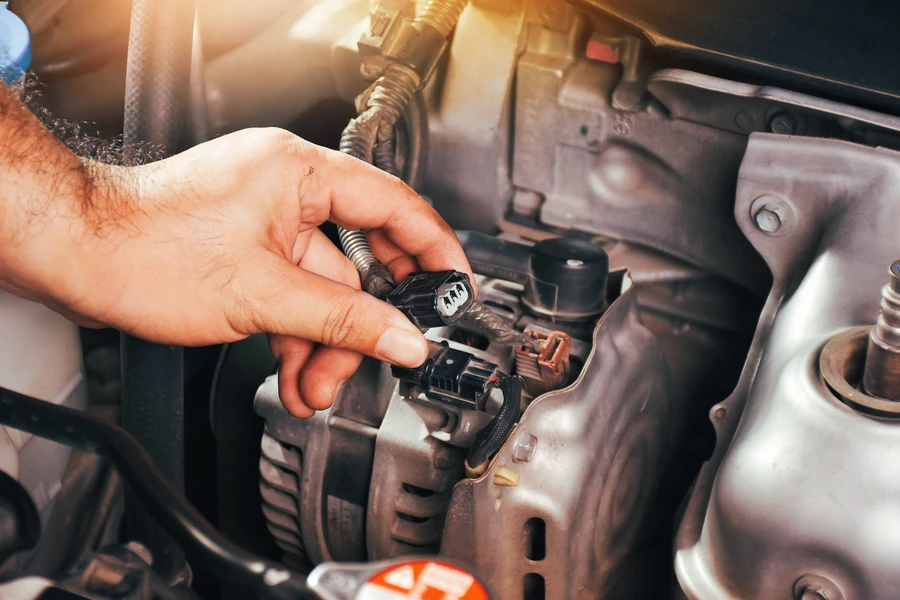Learn About Typical Generator Problems and Solutions for Each
Generators are crucial in providing power during outages or at locations without access to regular electricity. However, like any machinery, they can face issues that disrupt their functionality. Understanding common generator problems and how to address them can save you time, frustration, and money. This guide will walk you through various generator issues, explain why they occur, and provide clear steps to resolve them effectively.

Engine Won’t Start
One of the most frequent problems with generators is the engine not starting. Several factors could cause this issue. Check the fuel level first; an empty tank is a common oversight. If the tank is full, inspect the spark plug for wear and tear. A dirty or worn-out spark plug can prevent the engine from starting. Clean it if it’s dirty or replace it if it’s damaged. Additionally, ensure the choke lever is in the correct position. These simple checks may resolve the problem and eliminate the need for expensive generator repair services.
Generator Producing Low Power
If your generator runs but produces low power, it might be due to several reasons. First, check if the control panel shows any warning lights or error codes. An overload can cause reduced output power, so ensure the connected devices do not exceed the generator’s capacity. Clean air filters also play a significant role as clogged filters restrict airflow, reducing efficiency. Regular maintenance and cleaning can help avoid unnecessary generator repair costs.
Battery Failure
Battery failure is another common issue that can disable a generator. Batteries lose charge over time and need regular charging or replacement. Corrosion on battery terminals can also cause connection problems. Use a wire brush to clean any corrosion found on the terminals. Ensure that all connections are tight. A well-maintained battery reduces the chance of unexpected failures.
Overheating Problems
Generators can overheat due to various reasons such as insufficient oil levels, blocked air vents, or overloading. Check the oil level regularly and top it off as needed. Make sure that the air intake and exhaust systems are free of debris to allow proper airflow. If overloading is an issue, reduce the number of devices drawing power from the generator.
Noisy Operation
A noisy generator can indicate underlying issues like loose components or inadequate lubrication. Inspect the generator for any loose bolts or screws and tighten them accordingly. Ensure all moving parts are adequately lubricated to reduce friction-related noise. Addressing these minor issues promptly can keep your generator running smoothly.
Fuel Leaks
Fuel leaks pose a safety risk and should be addressed immediately. Common causes include cracked fuel lines or loose clamps. Inspect all fuel lines and connections for signs of wear or damage. Replace damaged parts or tighten loose connections to prevent leaks.
Routine Maintenance Tips
To extend your generator’s lifespan and reduce repair needs, follow routine maintenance practices:
- Regularly change oil and filters based on manufacturer guidelines
- Inspect and clean spark plugs periodically
- Keep the generator stored in a dry, clean area when not in use
- Test run your generator monthly to ensure operational readiness
- Check battery charge status regularly
Cost Considerations
The cost of addressing generator issues depends on factors like part prices and labor rates. Simple fixes like changing spark plugs or tightening connections may cost less than major repairs involving engine components or electrical systems. Regular maintenance helps mitigate high repair costs by catching small issues before they escalate.

Your Source for Reliable Generator Help
Whether you’re dealing with a stubborn engine or planning preventive maintenance, we have solutions tailored for you. Located in Pasadena, TX, our team ensures your generators function efficiently year-round. Reach out to us at (832) 923-9123 for expert advice and service. At NM Electric & Paint Inc., we specialize in keeping your power systems reliable and effective.
